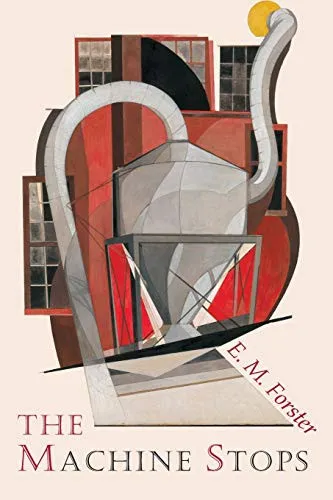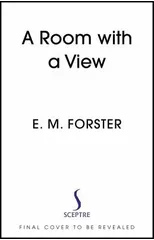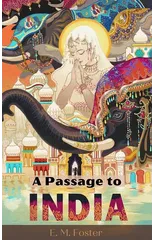2017 Reprint of 1909 Edition. The story describes a world in which most of the human population has lost the ability to live on the surface of the Earth. Each individual now lives in isolation below ground in a standard room, with all bodily and spiritual needs met by the omnipotent, global Machine. Travel is permitted, but is unpopular and rarely necessary. Communication is made via a kind of instant messaging/video conferencing machine with which people conduct their only activity: the sharing of ideas and what passes for knowledge. It is intended as a chilling reminder of the possible consequences on over reliance on machines and the changes to human capacity and character that could result from this over dependence. Consider a classic of the science fiction genre and a prescient warning about our reliance on machine technology.
E M Forster
E. M. Forster (1879-1970) was an English novelist known for his exploration of class differences and human relationships. His most notable works include "A Room with a View," "Howards End," and "A Passage to India." Forster's writing style is characterized by its clarity, wit, and insight into the complexities of human emotions. He is credited with portraying the inner lives of his characters with sensitivity and depth. Forster's contributions to literature include his exploration of themes such as imperialism, social injustice, and the struggle for personal freedom. His most famous work, "A Passage to India," is considered a masterpiece of modernist literature and continues to be studied and celebrated for its poignant portrayal of the clash between British colonizers and Indian natives. Forster's work has had a lasting impact on the literary genre of the novel, influencing generations of writers with his thoughtful exploration of the human experience.





